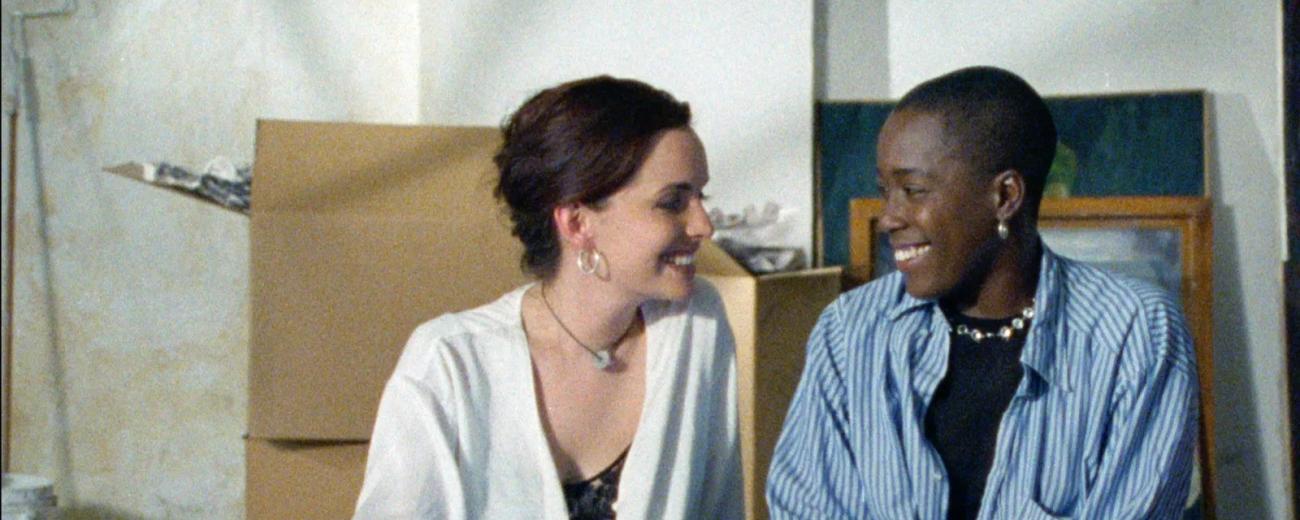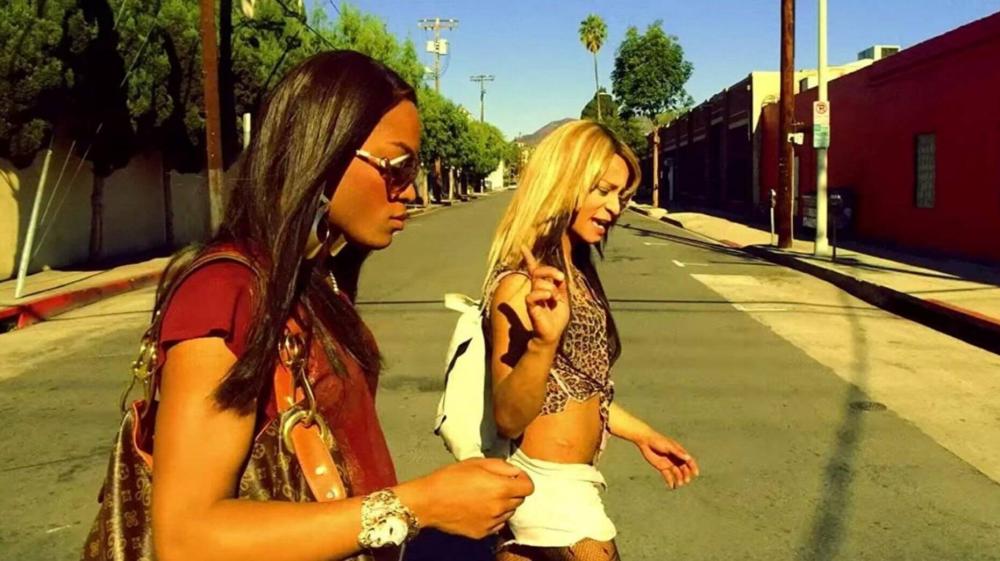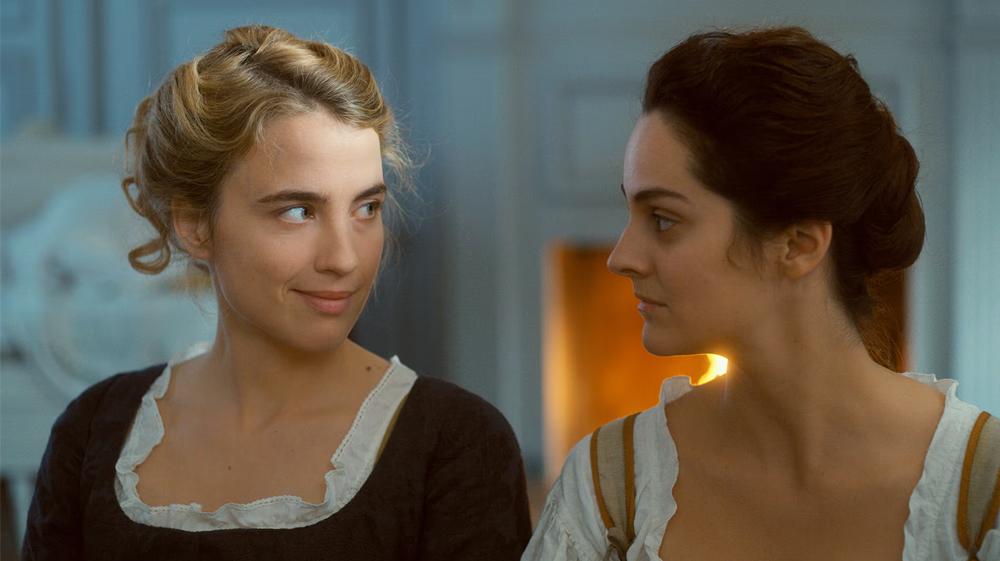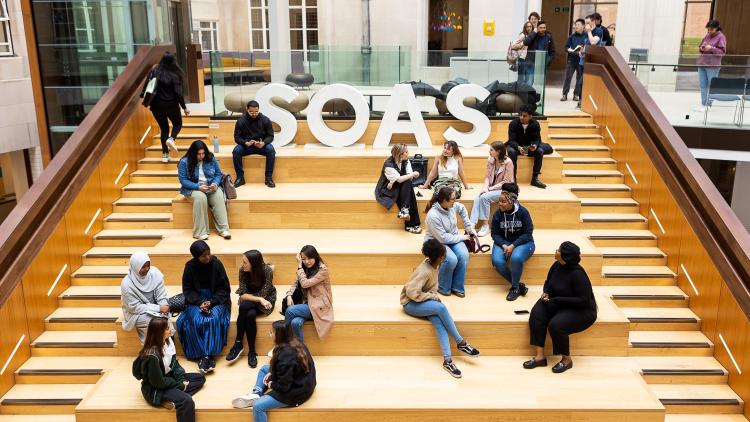5 films to watch for LGBTQIA+ History Month


In film and television history, LGBTQIA+ individuals have long been buried beneath clichés and overt caricatures. But in recent years, there have been evolutionary strides in mainstream cinema.
Truthful and honest representation in movies is critical, even lifesaving, for oppressed groups. In today’s tumultuous political context, straight, cisgender individuals must see LGBTQIA+ characters portrayed accurately and unabashedly.
Here are a few films to watch in honour and celebration of pride month that are all shades of wholesome, emotional and a reminder of why representation matters.
1. Tangerine
Tangerine is a 2015 film that was interestingly shot with three iPhone 5S smartphones. It revolves around the story of a transgender sex worker who discovers that her boyfriend is cheating on her with a cisgender woman. The film not only portrays the way in which trans people manoeuvre relationships and friendships but also the street culture of LA and the way trans people must claim that space for themselves again and again.
The film also has two trans actors portraying two of the trans women in the film (Mya Taylor as Alexandra and Kitana Kiki Rodriguez as Sin-Dee), something that should become more of a commonality than obscurity, given its the 2020s.
2. But I’m a Cheerleader
This movie was released in 1999. But I’m a Cheerleader is not your typical high school drama. It follows the life of Megan, a cheerleader who is dating the typical football player boyfriend even though she is not crazy about him. Her parents suspect that she is a lesbian and send her to a conversion therapy camp to cure her, where she meets Graham and starts to develop feelings for her and come to terms with her sexuality.
When it was released, the movie had a strong negative reception. However, over time, it became one of the most well-known lesbian movies of all time. Its lighthearted, satirical nature makes it a comfortable watch for a Friday night.
3. Portrait of a Lady on Fire
Portrait of a Lady on Fire is a 2019 French romantic drama set in the 18th century. A young painter is called upon to paint a portrait of a noblewoman who will be married to a nobleman from Milan. The story follows the feelings that both the painter (Marianne) and Héloïse develop for each other along the way and how they reminiscence each other, years later.
The film won the Queer Palm at Cannes, becoming the first film directed by a woman to win the award. It was also nominated for the Golden Globe Awards in the Best Foreign Language Film category.
4. The Watermelon Woman
This movie was released in 1996 and was the first feature film directed by a black lesbian and is considered a landmark in New Queer Cinema. The Watermelon Woman is inspired by the life of Cheryl Dunye and is a work of groundbreaking autofiction. A young Black lesbian filmmaker named Cheryl (played by Cheryl Dunye, also the director, editor, and writer of the film) looks for the identity of a beautiful Black actress who plays the part of a mammy in a 1930s drama.
Cheryl’s task is complicated by the fact that the enigmatic actress is only referred to as “The Watermelon Woman” in the credits. In uncovering the truth, Cheryl learns that The Watermelon Woman was someone named Fae Richards, who was also a lesbian.
5. Carol
Carol is a 2015 movie directed by Todd Haynes and starring Cate Blanchett and Rooney Mara. It is based on the 1952 romance novel The Price of Salt by Patricia Highsmith (republished as Carol in 1990). The movie is set in the 1950s and is about an affair between a young departmental store salesgirl who is also an aspiring photographer and a much older and wealthy housewife who lives in the suburban parts of the city. It is also set around Christmas, so it is a perfect movie to watch if you just want to leave your fairy lights and scented candles on.
I hope you enjoy watching this collection of films this LGBTQIA+ History Month.
Header image credit: A still of 'The Watermelon Woman', The Criterion Collection. This blog was originally published in 2022.
About the author
Surabhi Sanghi is an alum of MA South Asian Studies and Intensive Language. She has a background in history and is interested in the religions of South Asia.




